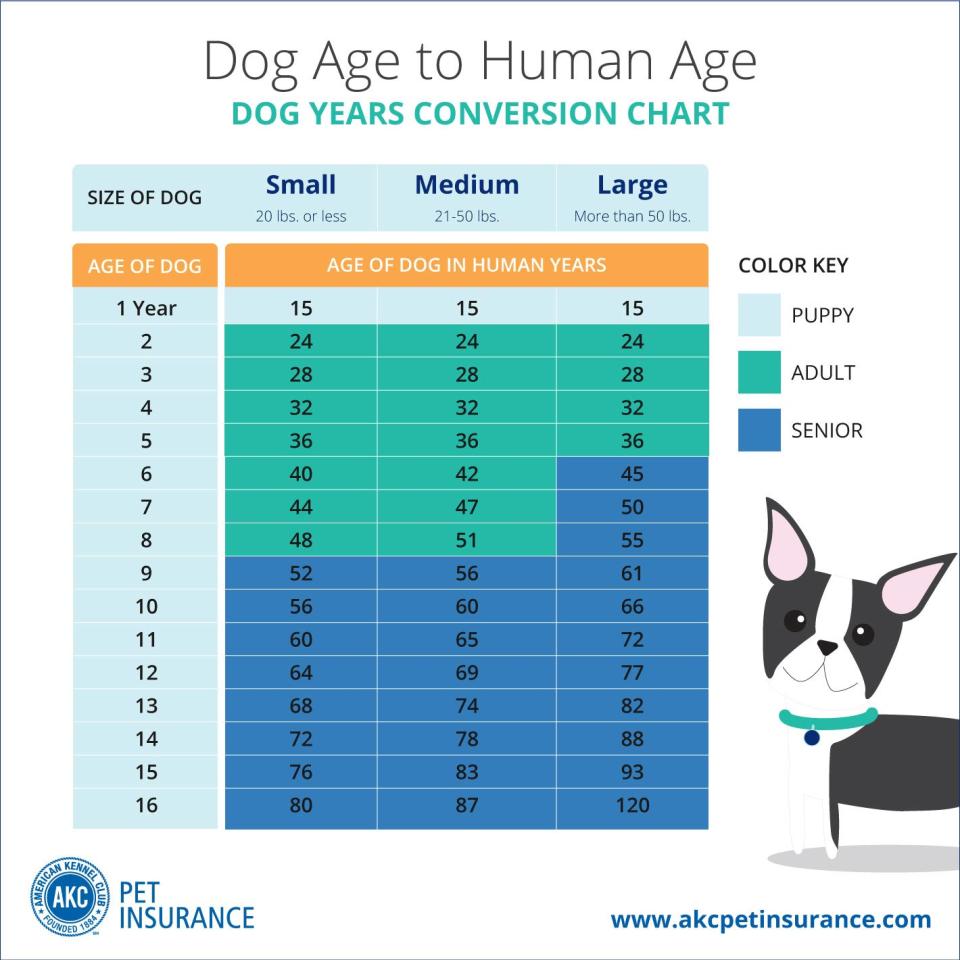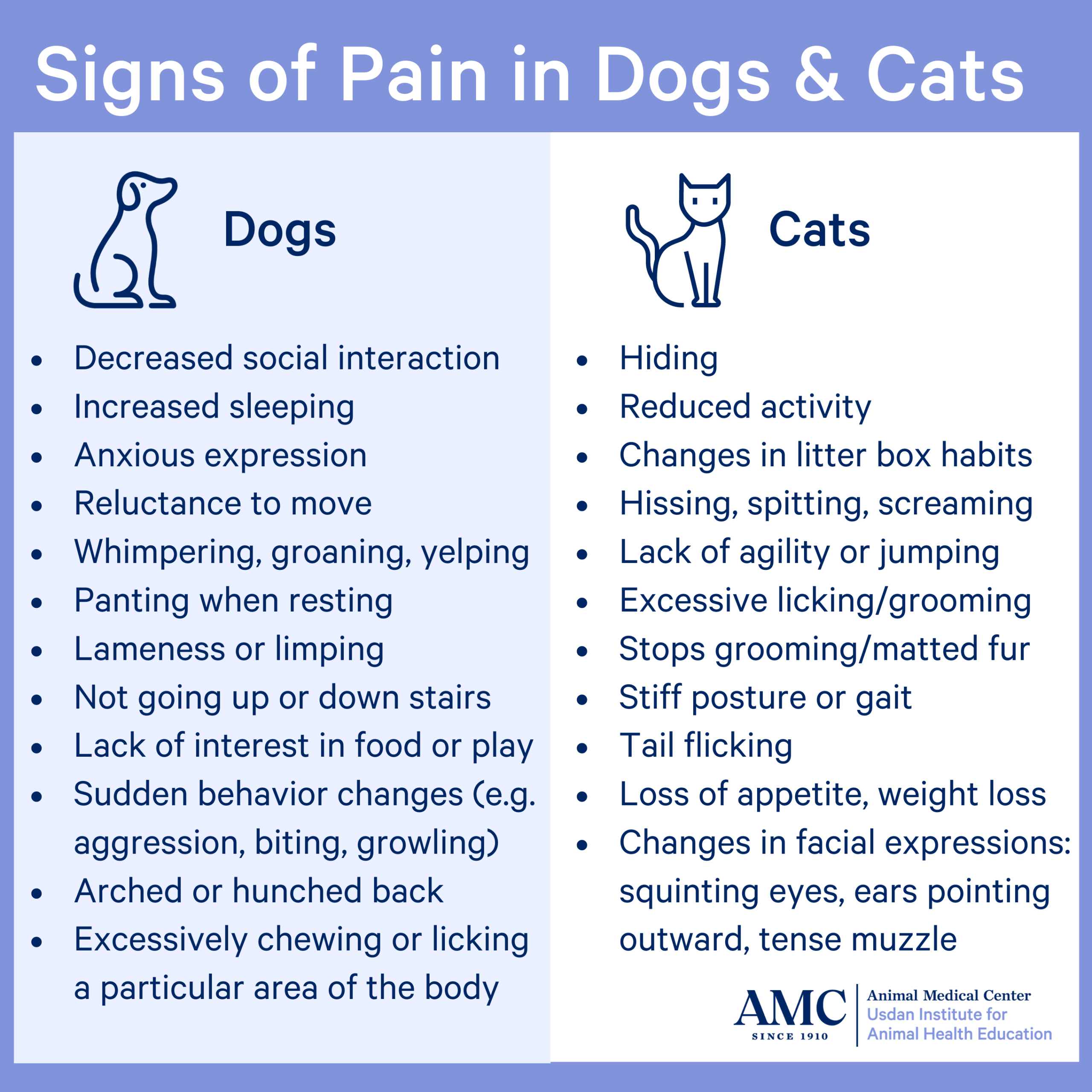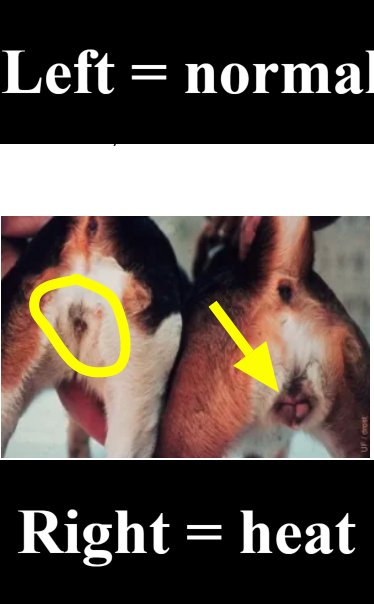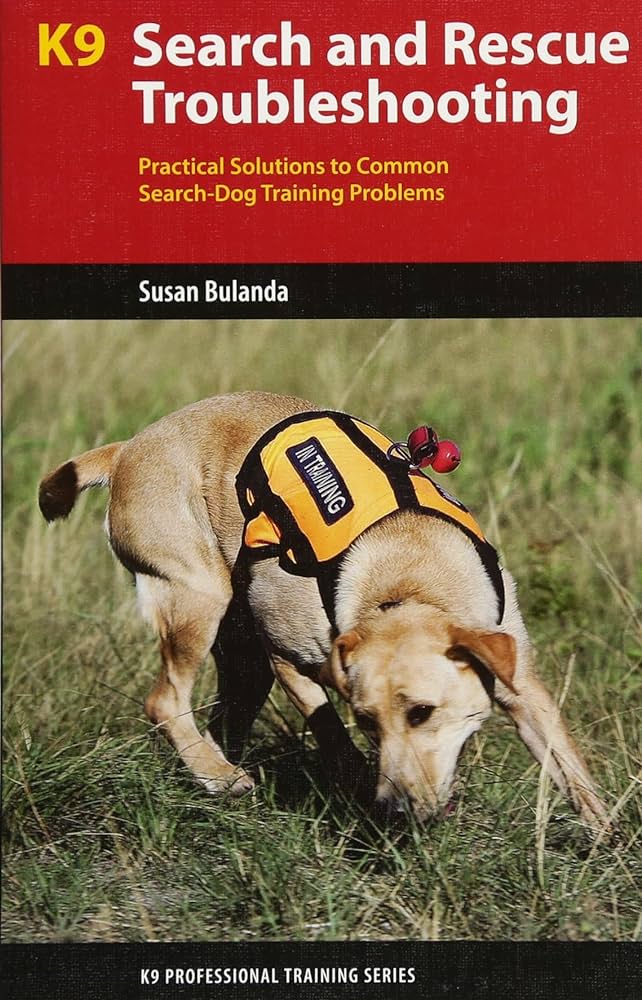What Causes Sudden Dog Behavior Changes?
Last Updated on September 9, 2024 by Petpalace54
A sudden change in a dog’s behavior may be caused by disease, anxiety, fear, pain, dementia, hypothyroidism, lack of exercise, separation anxiety, brain conditions, or other factors. If you notice a change, consult with your vet for advice and they may refer you to an animal behaviorist.
It is important to monitor your furry friend and seek appropriate care if there are any concerns. Our furry little friends can bring us endless joy and happiness. We love to see them playful and happy, but sometimes they can exhibit unexpected behavior that may cause concern.
A sudden shift in your dog’s behavior can be alarming and may indicate underlying issues. As a pet owner, it’s important to be aware of the common causes of sudden behavior changes in dogs. It is equally significant to understand and observe your dog’s behavior and wellbeing regularly to detect unusual behavior. We will discuss the possible reasons that could cause your dog’s sudden behavior change, and what you can do to manage it.
Table of Contents
Medical Conditions
A sudden change in a dog’s behavior may be caused by various medical conditions such as anxiety, fear, pain, dementia, hypothyroidism, lack of exercise, separation anxiety, and brain conditions. If you notice a sudden change, it’s best to consult with a veterinarian for proper diagnosis, and they may refer you to an animal behaviorist for further assistance.
Understanding your dog’s behavior and monitoring any changes can help maintain their overall health and well-being.
Disease
One of the medical conditions that can cause sudden changes in a dog’s behavior is disease. Tumors affecting the central nervous system silent zones, mild traumatic brain injury, ischemic attacks, and epilepsy are some of the diseases that can lead to alterations in a dog’s behavior. However, most of these diseases are poorly studied in dogs and cats, and their relationship with behavior is not yet clear. Any sudden change in a dog’s behavior should prompt a visit to the veterinarian for proper diagnosis and treatment.Hypothyroidism
Hypothyroidism is a medical condition that occurs when the thyroid gland doesn’t produce enough thyroid hormone. This condition can cause a sudden change in a dog’s behavior, including lethargy, weight gain, and depression. It can also lead to skin problems, hair loss, and slow heart rate. Hypothyroidism can be diagnosed with a blood test and treated with medication, usually a daily dose of thyroid hormone replacement.Brain Conditions
Brain conditions such as inflammation, Chiari-like malformation, stroke, and brain tumors can also cause sudden changes in a dog’s behavior. Brain inflammation, for example, can cause dogs to become disoriented, seizures, and compulsive behavior. Chiari-like malformation is a condition in which the skull does not grow large enough to accommodate the brain, leading to pressure on the spinal cord. This condition can cause pain, weakness, and changes in a dog’s behavior. Stroke is a condition in which blood flow to the brain is interrupted, leading to paralysis, loss of balance, and changes in temperament. Brain tumors, on the other hand, can cause dogs to exhibit strange behavior, including aggression, depression, and loss of coordination.In conclusion, various medical conditions can cause sudden changes in a dog’s behavior. Proper diagnosis and treatment by a veterinarian are vital for the well-being of the dog. Pet parents should keep an eye on their dog’s behavior and contact their veterinarian if any changes are observed.Pain Or Discomfort
A sudden change in a dog’s behavior could be due to various reasons, including pain or discomfort, anxiety, fear, dementia, hypothyroidism or lack of exercise. It is important to observe the dog’s behavior closely and consult with a veterinarian or animal behaviorist if necessary.
In some cases, neurological issues may also be the culprit.
### Pain or DiscomfortDogs cannot express their feelings or the pain they are experiencing through words, so they react through behavior changes. Pain or discomfort in dogs can cause sudden changes in their behavior, personality, level of activity, and overall demeanor.#### Injury Injuries can cause sudden behavior changes in dogs. If your dog recently sustained an injury, they might become aggressive, restless, or lethargic. Changes in behavior can be a sign that the injury is causing them pain or discomfort. For example, if your dog is chewing or licking excessively at a specific area, this could indicate that they are in pain in that area.#### Arthritis Arthritis is a common condition in older dogs, and it can cause sudden behavior changes. If your dog is suffering from arthritis, they might become more irritable, less active, and show signs of lameness. Additionally, your dog may experience stiffness, difficulty walking, or have trouble standing up and sitting down.#### Loss of Vision Loss of vision can affect a dog’s behavior dramatically and suddenly. Dogs may become more anxious or clingy as they navigate the world via other senses. As a result, dogs might show unusual behaviors such as bumping into things or becoming overly cautious. In some cases, they may seem hesitant to take walks or lack interest in playing.If your dog’s behavior changes suddenly, it may be a sign of an underlying health condition or other medical issue. Consult your veterinarian if you notice sudden changes in behavior, activity level, or personality in your furry friend. Prompt attention to your dog’s health can improve their quality of life and minimize behavioral issues.Neurological Issues
Sudden changes in a dog’s behavior might be caused by a variety of factors such as fear, pain, separation anxiety, lack of exercise, or dementia. In some cases, neurological issues like brain inflammation, stroke, or brain tumors could also be the culprits.
It’s essential to consult with a vet or animal behaviorist to determine the cause and take appropriate measures.
Neurological issues can be a contributing factor to sudden changes in a dog’s behavior. These issues can affect the brain and lead to abnormal behavior patterns. There are several neurological issues that can cause sudden changes in a dog’s behavior, including brain inflammation, Chiari-like malformation, stroke, and brain tumors.H3: Brain InflammationBrain inflammation, also known as encephalitis, can cause sudden changes in behavior in dogs. This condition is characterized by the swelling of the brain, which can lead to neurological dysfunction and abnormal behavior patterns. Brain inflammation can occur due to various reasons, including viral or bacterial infections, autoimmune disorders, and exposure to toxins.H3: Chiari-like MalformationChiari-like malformation is a condition that affects the brain and spinal cord in dogs. It is a congenital condition that can lead to sudden changes in behavior as the dog grows older. Chiari-like malformation can cause pressure on the brain, leading to neurological dysfunction and behavioral changes. This condition is frequently seen in small breed dogs, including Cavalier King Charles Spaniels.H3: StrokeStroke is a common neurological condition that can cause sudden changes in behavior in dogs. It occurs when there is an interruption of blood flow to the brain, leading to damage and dysfunction. A stroke can cause a variety of symptoms, including sudden changes in behavior, seizures, weakness, and paralysis. Early identification and treatment of a stroke are necessary to prevent further damage to your dog’s brain.H3: Brain tumorsBrain tumors can also cause sudden changes in behavior in dogs. These tumors can be benign or malignant and can develop anywhere in the brain or spinal cord. Brain tumors can cause pressure on the brain, leading to neurological dysfunction and abnormal behavior patterns. Symptoms of brain tumors can include changes in behavior, seizures, weakness, and loss of coordination.In conclusion, sudden changes in a dog’s behavior can be caused by neurological issues, including brain inflammation, Chiari-like malformation, stroke, and brain tumors. If you notice sudden changes in your dog’s behavior, it is essential to seek veterinary care as soon as possible to identify and treat any underlying neurological conditions.
Credit: www.animalhumanesociety.org
Behavioral Issues
Sudden changes in a dog’s behavior can be caused by a variety of factors such as disease, anxiety, fear, pain, dementia, hypothyroidism, lack of exercise, separation anxiety, and brain conditions. It is important to consult a vet if you notice any changes in your dog’s behavior, as they may refer you to a specialist animal behaviorist for further evaluation.
Behavioral IssuesDogs communicate with us using their actions, reactions, and emotions. Their behavior reflects their feelings and what they experience at a particular time. Sometimes, it can be challenging to understand what triggers sudden changes in a dog’s behavior. Behavioral issues can stem from various reasons such as boredom, trauma, separation anxiety, loss of a family member, or a change in routine. Let’s take a closer look at some of these behavioral issues and how they can affect your furry friend.BoredomDogs have a strong need for mental and physical stimulation, and without it, they can become bored and restless. Boredom can lead to destructive behaviors like chewing, digging, barking, or even aggression. To combat boredom, make sure you provide plenty of toys, exercise, and mental stimulation like puzzle toys or training sessions.TraumaTrauma can leave a lasting impact on dogs, just as it can on humans. A traumatic event like a car accident, abuse, or an attack from another animal can trigger fear and anxiety in dogs. They may become fearful of similar situations or even display aggression towards people or animals they once trusted.Separation anxietyWhen dogs become emotionally attached to their owners or caretakers, they can develop separation anxiety when left alone. Separation anxiety can result in destructive behavior like chewing, barking, or digging. Additionally, it can cause physical ailments like loss of appetite, depression, and excessive drooling. To help alleviate separation anxiety, consider crate training, leaving your dog with something comforting like a favorite toy, or seeking advice from a professional behaviorist.Loss of a family memberJust like humans, dogs can feel grief and sadness when they lose a family member, whether it’s a human or another pet. This can lead to depression, anxiety, aggression, or behavioral issues like not eating or sleeping. To help your dog cope with the loss, provide extra attention and affection, keep their routine consistent, and consider consulting with a professional in animal behavior.Change in routineDogs thrive on routine and structure. A change in their routine can cause stress and anxiety, leading to behavioral changes such as restlessness, loss of appetite, or even aggression. A change in routine can be anything from a change in feeding time to a change in environment. To minimize the effects of a change in the routine, try to keep your dog’s routine consistent, and introduce changes gradually.Understanding the causes of behavioral issues in dogs is essential for maintaining the health and happiness of your four-legged friend. By identifying and addressing the reasons behind your dog’s behavioral changes, you can ensure that they receive the proper care and attention they need to thrive.Identification Of Changes
Personality changes in dogs can be caused by a variety of issues, including disease, anxiety, fear, pain, dementia, hypothyroidism, lack of exercise, separation anxiety, and brain conditions. If you notice any sudden changes in your dog’s behavior, such as excessive panting, licking lips, hiding, cowering or aggression, contact your veterinarian for guidance.
In some cases, an animal behaviorist may be necessary.
Identification of Changes:Dogs are wonderful companions that become a part of our lives. They are great at lifting up our moods and filling our lives with joy. However, sometimes our furry friends exhibit sudden changes in their behavior, which can be concerning for pet owners. A dog’s behavior change could show that they are suffering from something that is making them uncomfortable or in distress. It is essential to identify these changes and take action before the situation worsens. Here are some of the changes you should look out for.Restlessness:Restlessness is one of the most common signs of a change in behavior in dogs. Your dog is likely to exhibit this behavior if they are feeling uncomfortable, anxious, or in distress. They may start pacing around constantly, being unable to settle in one spot, and getting up frequently from their resting place. This behavior can be an indication of a variety of conditions, such as pain, discomfort, anxiety, or fear.Lethargy:Lethargy is another sign of a behavior change in dogs. It means a lack of energy or enthusiasm, leading to reduced activity levels. A lethargic dog may not be interested in playing, going out for walks, or any other activity they previously enjoyed. This change could indicate an underlying medical issue and should be treated with care.Fear or Aggression:If your dog suddenly becomes fearful or aggressive, it could be a sign of a significant change in behavior. Fear and aggression are linked to a range of emotions such as anxiety, insecurity, pain, or illness. If your dog is exhibiting this type of behavior, it’s essential to try and address the issue without being aggressive to them.Excessive Panting:Dogs pant to regulate their body temperature when they are hot, excited, or under stress. If your dog begins to pant excessively, it could be an indication of some underlying health problem. Condition such as heart disease or anxiety may cause dogs to pant more than usual.Excessive Licking:Dogs may occasionally lick people’s faces, ears, or other parts of their body. However, if your dog suddenly starts licking themselves excessively, it could be a sign of an underlying issue such as itching, anxiety or discomfort.In conclusion, any sudden change in behavior in dogs should be taken seriously and requires immediate attention. Underlying health problems such as illness, pain, anxiety, or fear could be causing these changes. If your dog is exhibiting any of the above changes or has unusual behavior, contact your veterinarian before the situation gets worse. By identifying and addressing changes in behavior, we can ensure that our furry friends remain happy and healthy.
Credit: www.mcrehabilitation.com
Consulting With A Vet
If you notice sudden changes in your dog’s behavior, such as restlessness, fear, or aggression, they may be experiencing distress, illness, or injury. Consulting with a vet can help you determine the underlying cause and get the right treatment to restore your dog’s behavior to normal.
Consulting with a Vet:If you notice a sudden change in your dog’s behavior, it is essential to consult with a vet to identify the underlying cause. Sometimes, a sudden change in behavior could indicate an underlying health problem that requires immediate attention. A vet will perform a thorough examination to rule out any medical issues.Knowing when to see a vet:Some signs that indicate you should see a vet include lethargy, loss of appetite, restlessness, excessive barking or whining, aggression, abnormal gait, and abnormal bowel movements. In case your dog is displaying any of these behaviors, take them to a vet immediately.What to expect during a visit:During a visit to the vet, they will conduct a physical examination and may also recommend further testing such as blood work, X-rays or possibly an MRI to investigate neurological issues. The vet will ask questions about your dog’s behavior, diet, exercise habits, and medical history and take notes to review later.Possible treatments:The treatment plan depends on the vet’s findings and the severity of the situation. Your vet may recommend medication or a change in the dog’s diet and exercise routine. In some cases, the dog may need a referral to an animal behaviorist to help modify their behavior. Your vet can offer guidance on how to proceed and what to expect during the recovery process.In conclusion, sudden changes in your dog’s behavior could be a sign of a more serious underlying issue and require a visit to your vet. By taking your dog to a vet as soon as you notice any unusual challenges, you can ensure the quickest, most effective treatment possible.
Credit: www.amcny.org
Frequently Asked Questions Of What Can Cause A Sudden Change In Dog’s Behavior
Why Has My Dogs Behavior Suddenly Changed?
There are various reasons why your dog’s behavior can suddenly change. It could be due to disease, anxiety, fear, pain, dementia, hypothyroidism, lack of exercise, separation anxiety, or brain conditions. If you notice a change in your dog’s behavior, it’s best to consult a vet for advice and possible referral to an animal behaviorist.
What Diseases Cause Behavior Changes In Dogs?
Certain diseases can cause behavior changes in dogs, such as anxiety, fear, pain, dementia, hypothyroidism, lack of exercise, separation anxiety, and brain conditions like tumors, epilepsy, and mild traumatic brain injuries. If you notice a sudden change in your dog’s behavior, it’s best to consult your veterinarian for advice.
What Can Cause Personality Changes In Dogs?
Sudden behavior changes in dogs could be caused by various factors such as disease, anxiety, fear, pain, dementia, hypothyroidism, lack of exercise, separation anxiety, or brain conditions. Senior dogs may show irritability due to arthritis pain or loss of vision, while sudden behavior changes are more likely due to trauma, severe pain, or even a neurological issue.
It’s best to consult a vet for advice and possible referral to an animal behaviorist.
Why Has My Dog’s Behavior Changed Overnight?
Sudden changes in dogs’ behavior could be due to distress, boredom, illness, injury, anxiety, fear, pain, dementia, hypothyroidism, lack of exercise, or brain conditions. If you notice any behavior changes or signs of stress or fear, consult your vet for advice.
Your vet may refer you to an animal behaviorist for further assistance. Always assess your dog for pain or discomfort in case of sudden changes in behavior.
Conclusion
Sudden changes in a dog’s behavior can be caused by a variety of factors. It is essential to monitor your pet’s behavior and take note of any changes to catch problems early. Always seek advice from a veterinarian if you notice any unusual behavior, such as excessive panting or aggression.
With proper attention and care, most behavior changes in dogs can be addressed and managed successfully.






